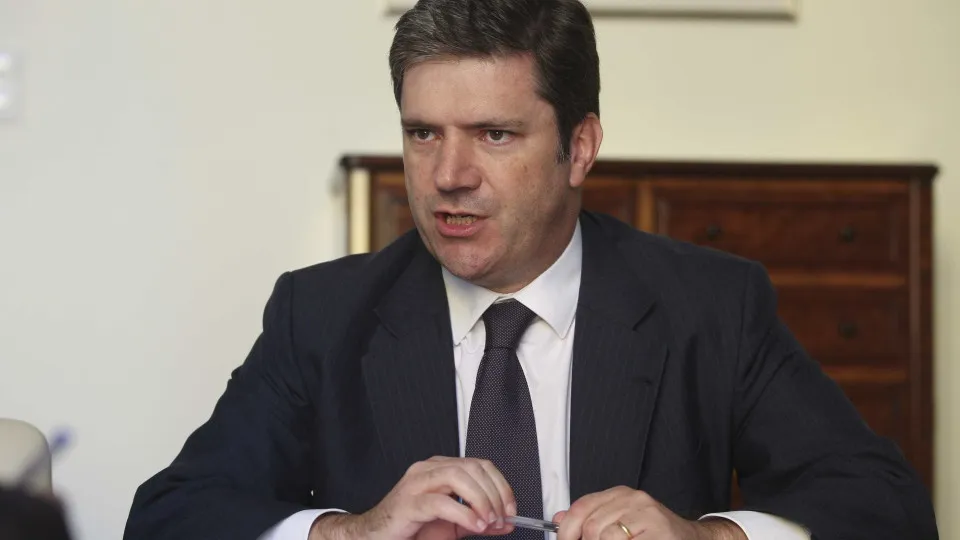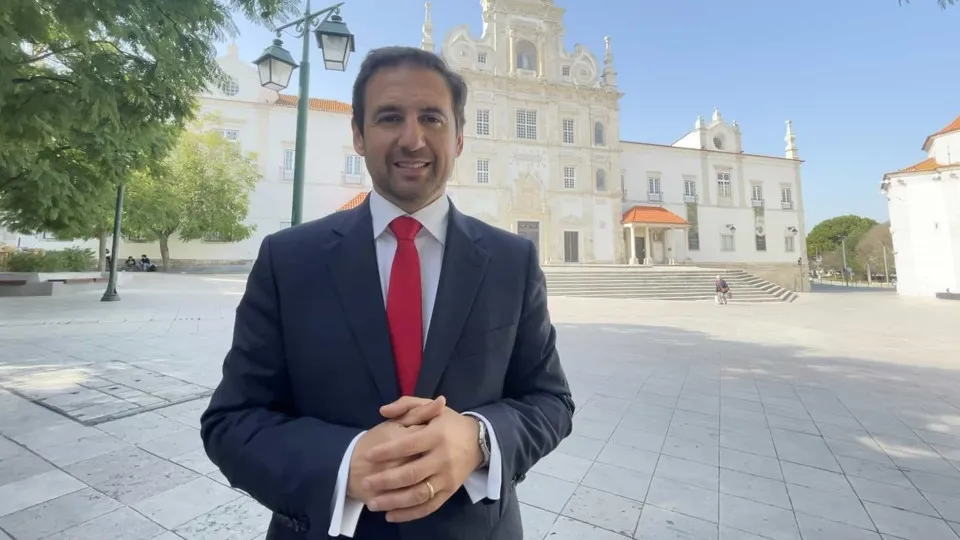
“We are on the right track. The economy is doing well and is recommended. Now it is crucial to maintain this course and path in the upcoming State Budget for 2026. It is up to the opposition, namely Chega and the PS, to demonstrate responsibility and a sense of state. International uncertainty and common sense demand it,” appealed Paulo Núncio.
The centrist deputy spoke at the meeting of the Standing Committee—a body that operates when the work of the Assembly of the Republic is suspended—emphasizing that despite some international instability, with the fall of the French government and ongoing wars in Ukraine and the Middle East, “the Portuguese economy continues to grow.”
According to the CDS-PP deputy, the government “might even reach the end of this year and register the second consecutive budget surplus for the first time in Portuguese democracy.”
“What is an exception for the left is the rule for the right: balanced public accounts and budget surplus,” he remarked.
Paulo Núncio stated that “the country grew by 1.8% in the first half of the year, well above the European average,” and that “so far, the state records a budget surplus of 2.3 billion euros, more than double last year, with public investment growing by more than 19%, mainly due to a significant acceleration in the execution of PRR funds compared to socialist governments.”
“Portugal has already seen its public debt rating upgraded twice by international agencies, and the Portuguese government is even preparing to reduce public debt to around 90% of GDP, perhaps below 90% of GDP,” he stated.
For the deputy, this goal, “if achieved, will be a huge victory for families, companies, and also for the government.”
“And it will also be a huge defeat for all those who in the past, not too long ago, advocated the ‘we don’t pay’ formula for managing public debt. Those irresponsible people who proposed third-world policies for managing public debt were soundly defeated in the last legislative elections,” he criticized.
The centrist even pointed the finger at the opposition for forecasting “catastrophe and disaster” in presenting the government program.
“I remember hearing deputies in this Assembly say that if the government fulfilled its program, it would jeopardize the stability of public accounts. I heard other people outside the Assembly and under the regulator’s shadow even predicting that in 2025, Portugal would have a budget deficit. To all of them, I want to say that they were wrong and that they will continue to be wrong,” he predicted.
Moments earlier, Jorge Miguel Teixeira, a deputy from the Liberal Initiative (IL), also highlighted international instability in countries like France, Germany, and the United Kingdom but warned that “Portugal is not stronger; it is just under a European umbrella.”
“We have benefited from historically low-interest rates. We received unprecedented budget transfers from the Union. And we accepted a brutal reduction in the living expectations of millions of Portuguese. It is this external cushion—and this internal conformism—that has allowed us to postpone the problem. It is not the strength of our economy, nor the solidity of our accounts, much less the efficiency of our state,” argued the liberal.
Jorge Miguel Teixeira defended that the sustainability of the welfare state “is, to a large extent, a fiction” and called for “courage” to reform Social Security, Health, Education, and Public Administration.




